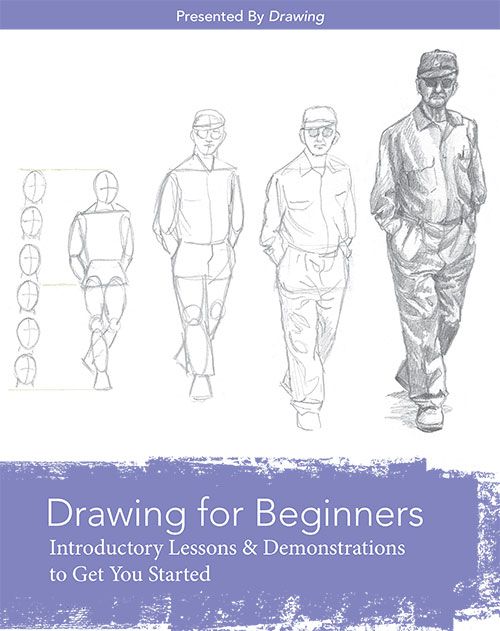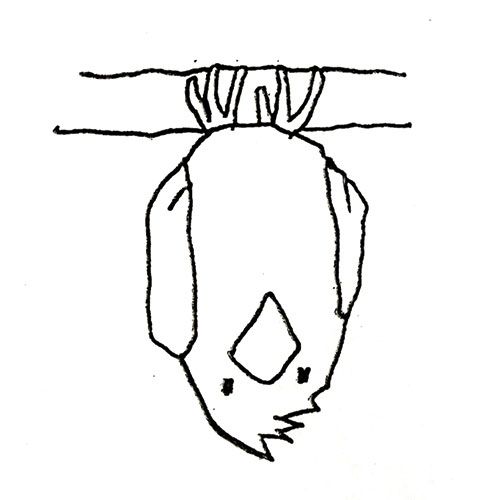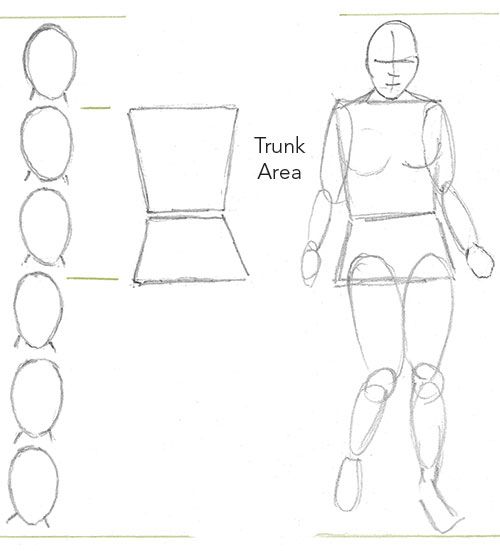Hey Drawing Beginners: You Need to Know These 3 Fundamentals

Are you new to drawing, or just want a refresher on the basics? Well, you’re in luck. Below you will find three essential drawing tips from top artists featured in the digital edition of Drawing for Beginners, presented by Drawing magazine and ArtistsNetwork.
These fundamental guidelines will help you enhance your skills and produce more successful drawings. Enjoy!
Mục Lục
1: Stand Back and Glance Back and Forth
Throughout your drawing, take a break and stand back several feet, glancing back and forth between your drawing and your reference image many times. This gives you fresh eyes — the same effect as if you left your drawing for a while and came back, so you can see if it’s accurate.
If you don’t do this, you’ll find out the hard way that you inevitably end up with a drawing shaded so heavily it leaves a ghost image you can’t fully erase. I recommend using this secret throughout your drawing sessions — especially before you start heavy shading.
– Sarah Parks
2: Draw Upside-Down
When you can’t figure out what the verbal identity of an image is (a bird, for example), you start focusing more on the shapes that make it up. This tricks your mind into taking on complex images you would otherwise find intimidating.
– Claire Watson Garcia

3: Basic Shapes and Measurements in the Human Figure
A trapezoid shape, with the wide part at the top, works well to suggest the upper portion of the human trunk from the shoulders to the waist. A shorter trapezoid, turned upside-down, can be used to rough in the area of the trunk from the waist to the crotch.
In the average person, the crotch is the mid-point of the figure. The arms and hands hang down to the mid-point or slightly past.
The head is roughed in as an oval shape. The average adult human is approximately six head-and-neck-lengths high. The two trapezoid shapes representing the trunk are usually as long as two head-and-neck sections.
The upper legs extend up into the lower trunk to connect with the pelvis, making the area taken up by the legs and feet approximately the same length as three-and-a-half head-and-neck sections.
– Claudia Nice

Bonus Tip!
Check out this video from Alain Picard about thumbnail sketches, an integral part of art-making and an important step in the learning process for drawing beginners. Follow along as Picard shares how you can accomplish three problem-solving goals with thumbnail sketching: simplifying values, clarifying shapes and designing the composition.















![Toni Kroos là ai? [ sự thật về tiểu sử đầy đủ Toni Kroos ]](https://evbn.org/wp-content/uploads/New-Project-6635-1671934592.jpg)


